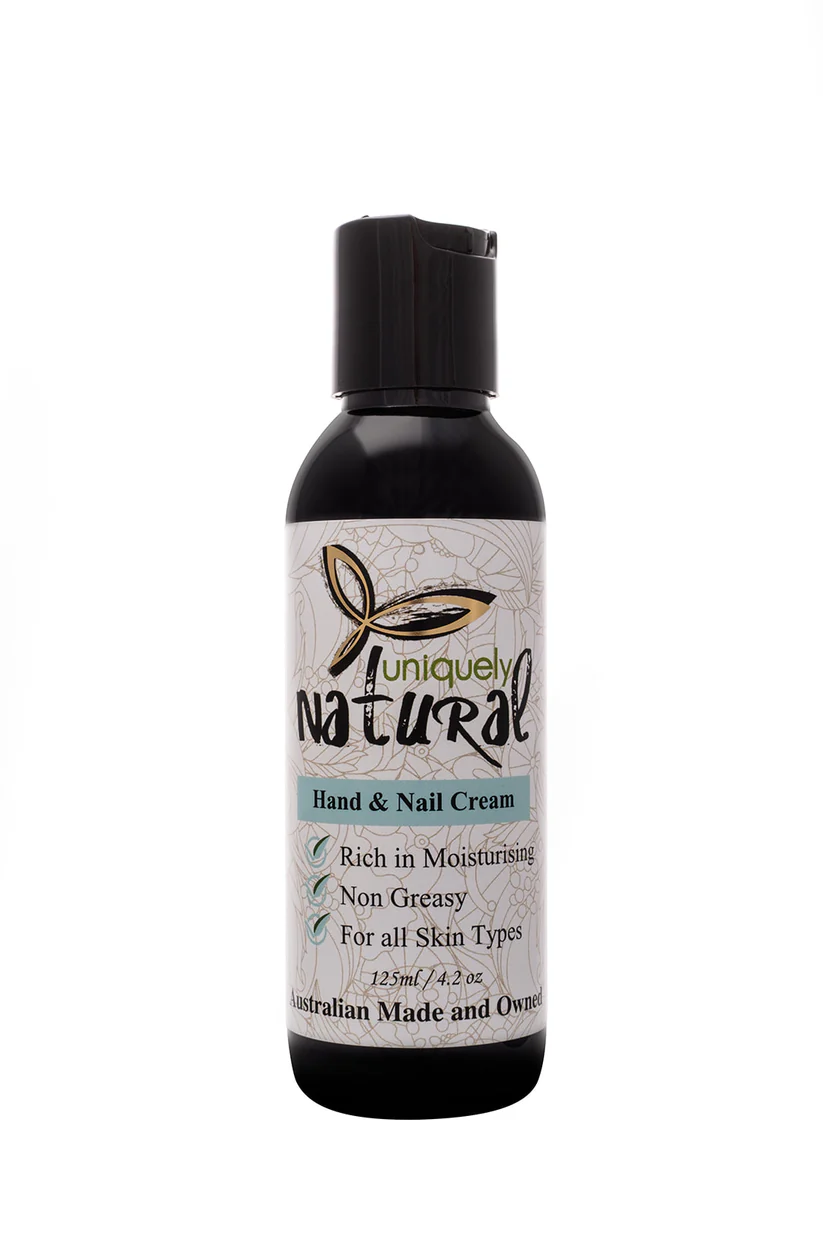 Competitor Backlink Hack – Steal Their Traffic. Legally!
Competitor Backlink Hack – Steal Their Traffic. Legally!
The Ultimate Guide to Easy Herbs for Beginners: Start Your Herb Garden Today!
Written by James » Updated on: October 27th, 2024
Gardening can be a rewarding and fulfilling hobby, especially when it comes to growing herbs. Not only are herbs easy to cultivate, but they also enhance your culinary creations with fresh flavors and aromas. If you’re new to gardening or looking to expand your green thumb, this guide will introduce you to the easiest herbs for beginners, along with tips on how to grow them successfully.

Why Grow Herbs?
Before diving into specific herbs, let’s explore why growing herbs is a fantastic choice for novice gardeners:
Accessibility: Herbs can be grown in small spaces, making them ideal for apartments or homes with limited outdoor areas. You can even grow them indoors on a windowsill.
Quick Results: Many herbs grow quickly, allowing you to see results in just a few weeks. This instant gratification can be encouraging for new gardeners.
Culinary Benefits: Fresh herbs elevate the taste of your meals. Imagine snipping fresh basil or parsley right before adding it to your dish!
Low Maintenance: Most herbs require minimal care once established, making them perfect for busy individuals or those new to gardening.
Top Easiest Herbs for Beginners
1. Basil
Basil is one of the most popular culinary herbs and is incredibly easy to grow.
Growing Tips:
Light Requirements: Basil thrives in full sun, needing at least 6 hours of sunlight daily.
Soil: Use well-draining soil enriched with organic matter.
Watering: Water regularly but avoid overwatering; basil prefers slightly moist soil.
Uses: Perfect for Italian dishes, salads, and pesto. Fresh basil can transform your cooking!
2. Chives
Chives are a great herb for beginners due to their hardiness and versatility.
Growing Tips:
Light Requirements: They prefer full sun but can tolerate partial shade.
Soil: Plant in well-drained soil.
Watering: Keep the soil consistently moist but not soggy.
Uses: Chives add a mild onion flavor to salads, soups, and as a garnish.
3. Mint
Mint is an aromatic herb that grows vigorously and is very forgiving for new gardeners.
Growing Tips:
Light Requirements: Mint thrives in partial shade but can also grow in full sun.
Soil: Enjoys rich, well-draining soil.
Watering: Regular watering is essential; keep the soil moist.
Uses: Excellent for teas, desserts, and garnishing dishes. Mint’s refreshing flavor is a delight!
4. Parsley
Parsley is an easy-to-grow herb that adds flavor and nutrition to many dishes.
Growing Tips:
Light Requirements: Prefers full sun or partial shade.
Soil: Use nutrient-rich soil with good drainage.
Watering: Keep the soil consistently moist but avoid waterlogging.
Uses: Commonly used as a garnish or ingredient in salads, soups, and sauces.
5. Oregano
Oregano is a hardy perennial herb that requires little maintenance once established.
Growing Tips:
Light Requirements: Thrives in full sun.
Soil: Prefers well-drained soil.
Watering: Water sparingly; oregano prefers drier conditions.
Uses: A staple in Mediterranean cuisine, perfect for pizza sauces and marinades.
6. Rosemary
Rosemary is an aromatic evergreen herb that’s resilient and drought-tolerant.
Growing Tips:
Light Requirements: Needs full sun.
Soil: Thrives in sandy or loamy soil with good drainage.
Watering: Water infrequently; avoid overwatering as it’s prone to root rot.
Uses: Great for seasoning meats, soups, and stews. Its fragrant leaves are delightful!
7. Dill
Dill is easy to grow from seed and adds a unique flavor to dishes.
Growing Tips:
Light Requirements: Prefers full sun.
Soil: Grows best in well-drained soil rich in organic matter.
Watering: Keep the soil moist but not overly wet.
Uses: Commonly used in pickling recipes and pairs well with fish dishes.
Key Takeaways
Starting an herb garden is an excellent way for beginners to learn gardening skills while enjoying fresh flavors in their meals.
Choose easy-to-grow herbs like basil, chives, mint, parsley, oregano, rosemary, and dill for a successful start.
Most herbs thrive in sunny spots with well-draining soil; regular watering is crucial but should be adjusted based on each herb's needs.
Frequently Asked Questions
1. Can I grow herbs indoors?
Yes! Many herbs such as basil, chives, and parsley thrive indoors on sunny windowsills.
2. How often should I water my herbs?
Watering frequency depends on the herb type; generally check the top inch of soil—if it feels dry, it’s time to water.
3. Do I need special soil for growing herbs?
Using well-draining potting mix or garden soil enriched with organic matter works well for most herbs.
4. How do I encourage my herbs to grow more?
Regular harvesting encourages new growth; trim back leaves frequently to promote bushiness.
Conclusion
Starting an herb garden is an enjoyable and rewarding experience that can enhance your cooking while providing fresh ingredients right at your fingertips. By focusing on easy-to-grow options like basil, chives, mint, parsley, oregano, rosemary, and dill, you’ll quickly build confidence as you cultivate your garden. Remember that every gardener learns through experience—don’t hesitate to experiment!
Disclaimer: We do not promote, endorse, or advertise betting, gambling, casinos, or any related activities. Any engagement in such activities is at your own risk, and we hold no responsibility for any financial or personal losses incurred. Our platform is a publisher only and does not claim ownership of any content, links, or images unless explicitly stated. We do not create, verify, or guarantee the accuracy, legality, or originality of third-party content. Content may be contributed by guest authors or sponsored, and we assume no liability for its authenticity or any consequences arising from its use. If you believe any content or images infringe on your copyright, please contact us at [email protected] for immediate removal.
Copyright © 2019-2025 IndiBlogHub.com. All rights reserved. Hosted on DigitalOcean for fast, reliable performance.






